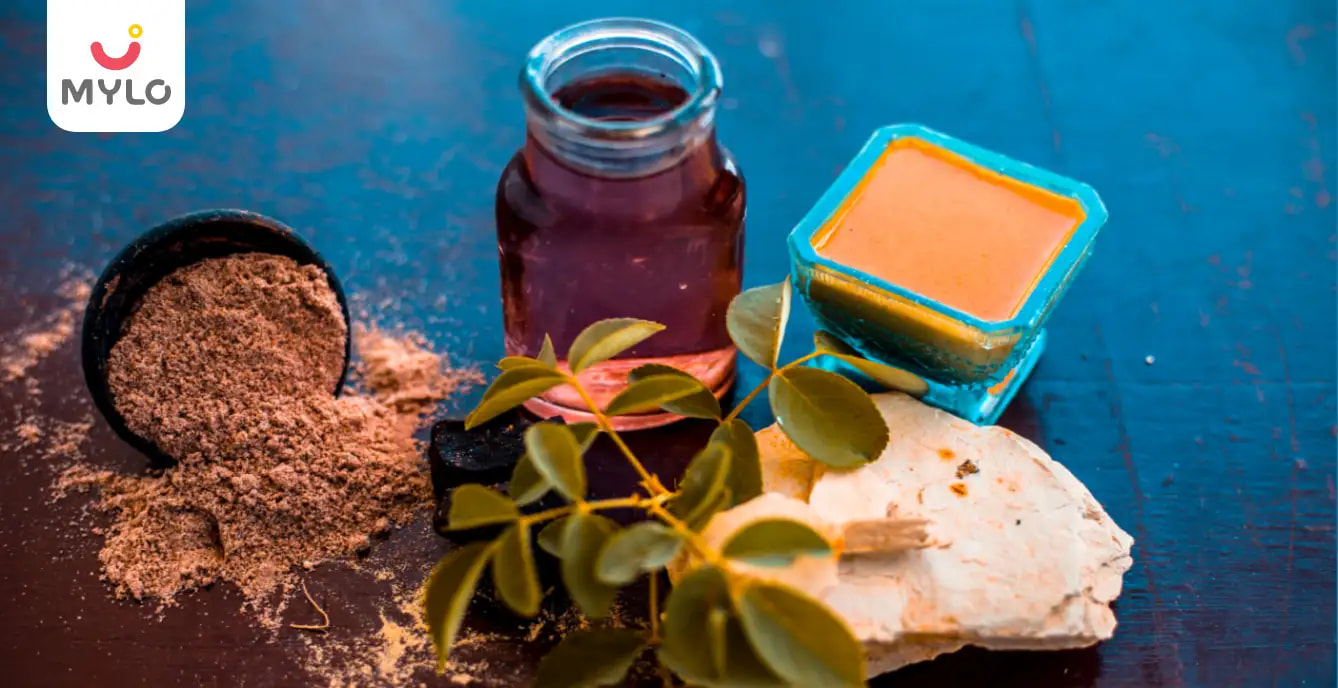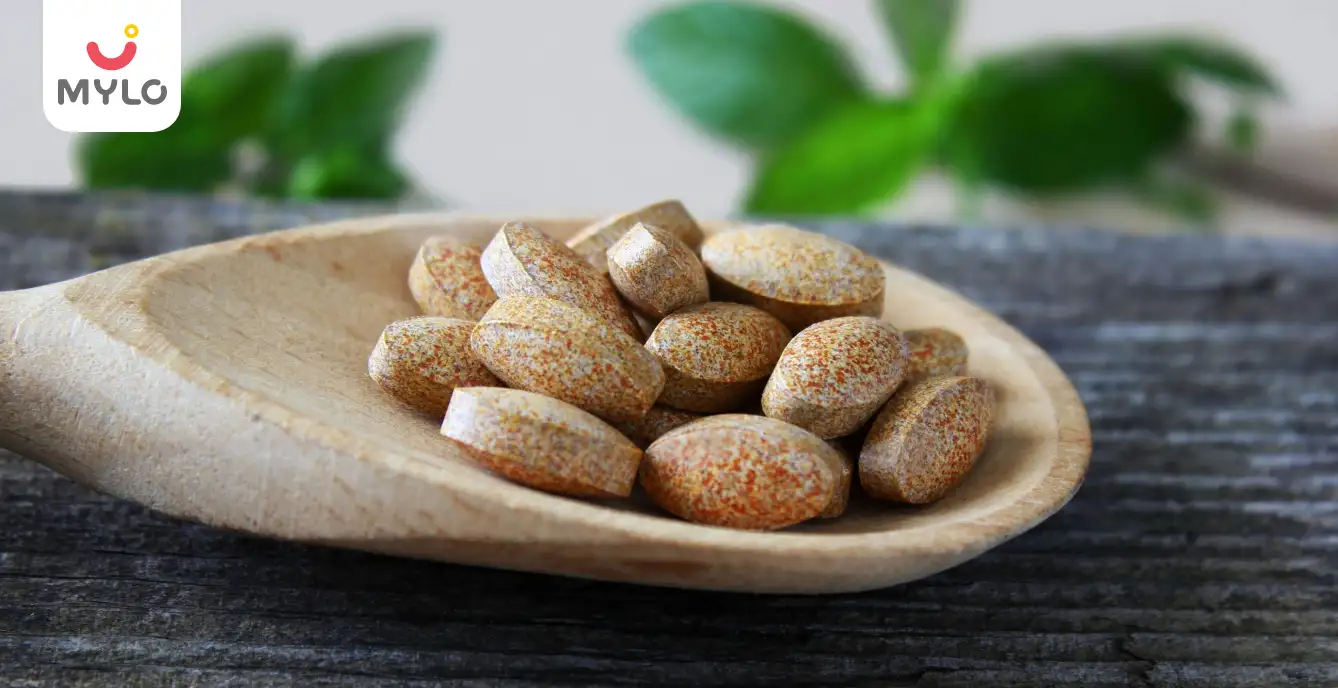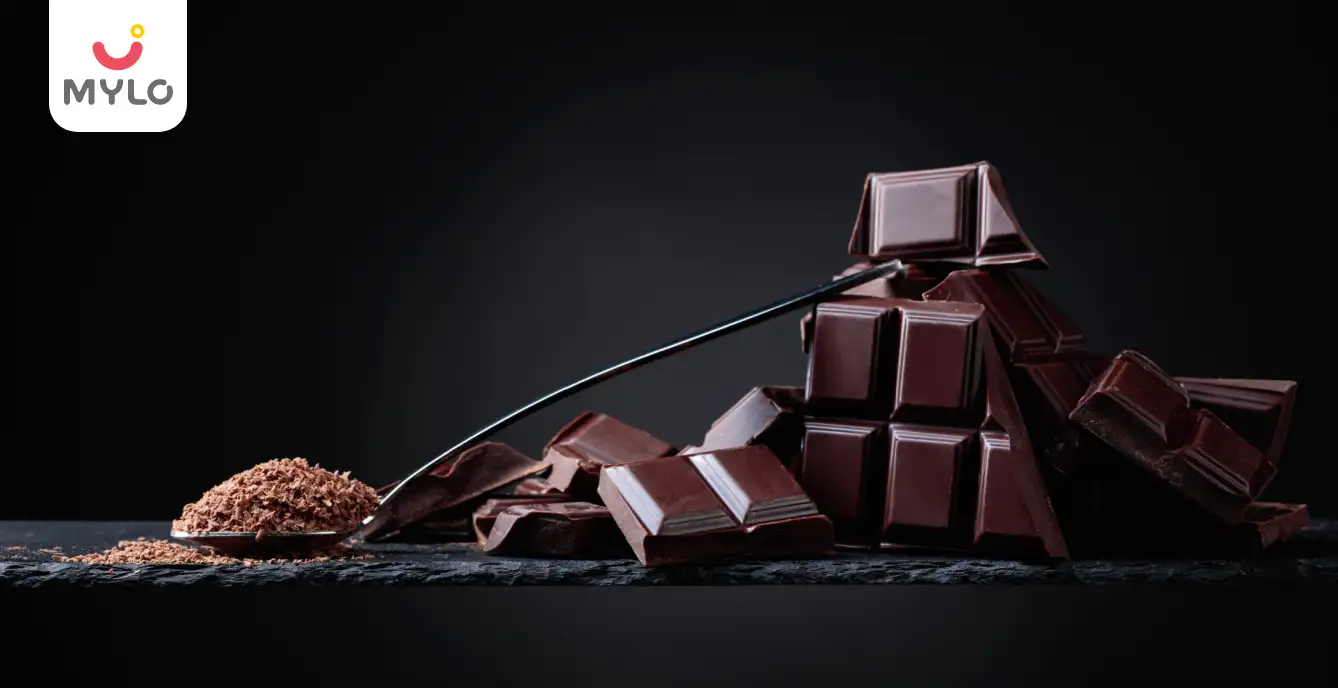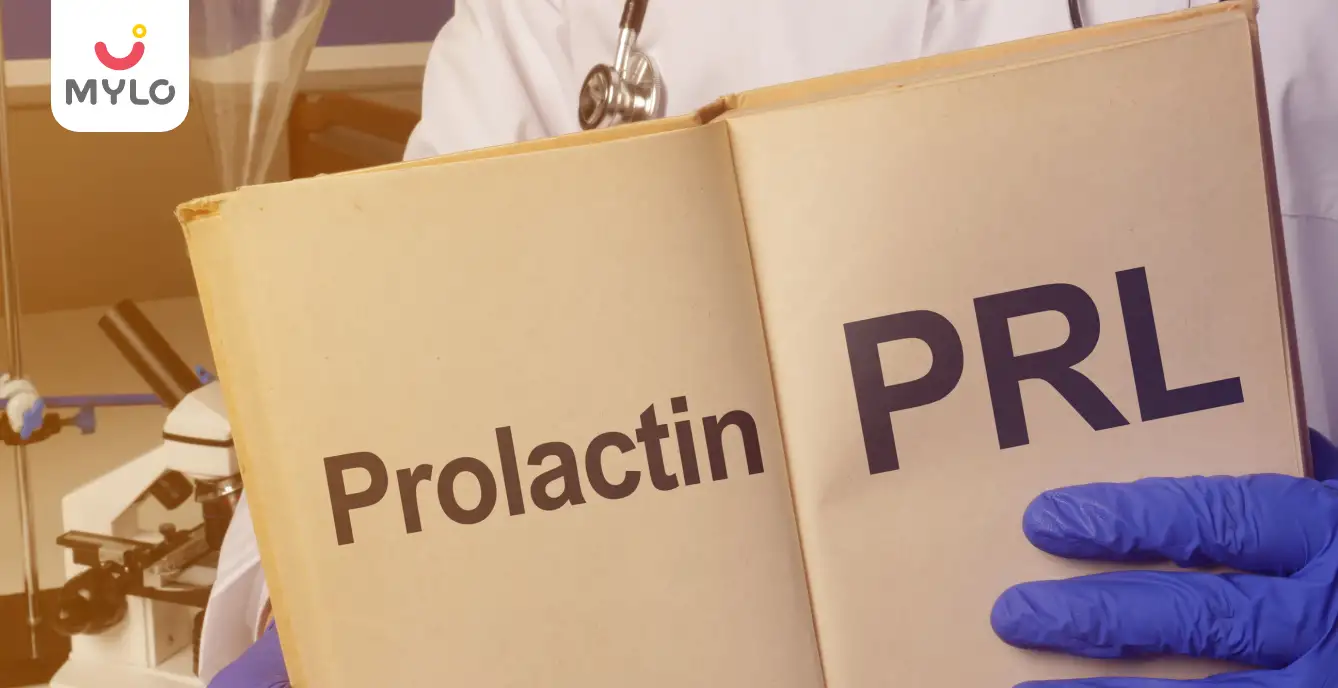Home

Pimples and Acne

Ayurvedic Treatment for Acne: Holistic Healing for Clear Skin
In this Article

Pimples and Acne
Ayurvedic Treatment for Acne: Holistic Healing for Clear Skin
Updated on 7 November 2023
Acne is a common skin woe that transcends age and time, affecting both teenagers and adults alike. In the quest for clear and healthy skin, the world of Ayurveda offers a time-honored approach to understanding your skin's needs and achieving lasting results. It’s no wonder why more and more people are turning to Ayurvedic treatment for acne.
In this article, we'll explore the ancient wisdom of Ayurveda, offering insights into the root causes of acne, a comprehensive guide to holistic treatment including Ayurvedic treatment for acne scars.
What Causes Acne According to Ayurveda?
According to Ayurveda, acne is believed to be caused by an imbalance in the doshas, or energies, within the body. There are five main causes of acne according to Ayurveda:
1. Excessive sebum production
Ayurveda attributes acne to an excess of the Kapha dosha, which leads to excessive sebum production. This excess oil clogs the pores and leads to the formation of acne.
2. Toxin buildup
Ayurveda believes that acne is also caused by a buildup of toxins in the body. These toxins can result from poor digestion, improper diet, or a sluggish metabolism. When the body is unable to eliminate these toxins efficiently, they can manifest as acne.
3. Hormonal imbalances
Ayurveda recognizes that hormonal imbalances can contribute to the development of acne. Fluctuations in hormone levels, particularly during puberty, can increase sebum production and lead to clogged pores.
4. Stress
According to Ayurveda, stress is a major factor in the development of acne. When the body is under stress, it releases stress hormones that can disrupt the balance of the doshas and contribute to acne formation.
5. Dietary factors
Ayurveda emphasizes the importance of a healthy diet in maintaining clear skin. Consuming excessive amounts of oily, spicy, or processed foods can aggravate the doshas and contribute to acne.
You may also like: Top 5 Natural Ways to Get Rid of Acne from the Skin
Which Ingredients are Commonly Used in Ayurvedic Cream for Acne?
Ayurvedic creams for acne are formulated with natural ingredients that have been used for centuries to promote clear skin. Here are five commonly used ingredients:
1. Neem
Neem is a powerful herb with antibacterial and antifungal properties. It helps to purify the blood, detoxify the body, and promote healthy skin. Using creams enriched with neem or neem tablets for acne can help control excess oil production and prevent bacterial growth.
2. Turmeric
Turmeric is known for its anti-inflammatory and antibacterial properties. It helps to reduce redness and inflammation associated with acne. Turmeric also helps to inhibit the growth of acne-causing bacteria, making it an effective ingredient in Ayurvedic creams for acne.
3. Sandalwood
Sandalwood has cooling and antimicrobial properties, making it an excellent ingredient for treating acne. It helps to soothe irritated skin, reduce inflammation, and prevent bacterial infections. Sandalwood is often used in Ayurvedic creams to promote clear and healthy skin.
4. Aloe Vera
Aloe Vera is a soothing and moisturizing ingredient that helps to calm inflamed skin and promote healing. It has antibacterial properties that help to prevent infection and reduce acne breakouts. Aloe Vera is commonly used in Ayurvedic creams due to its ability to hydrate the skin without clogging the pores.
5. Manjistha
Manjistha is a herb that is known for its detoxifying and blood-purifying properties. It helps to remove toxins from the body, promote healthy blood circulation, and prevent the formation of acne. Manjistha promotes clear and radiant skin.
Ayurvedic Medicine for Acne
Ayurvedic medicine offers a range of effective treatments for acne. Here are five medicines often recommended in Ayurvedic treatment for acne:
1. Triphala
Triphala is a combination of three fruits - Amalaki, Bibhitaki, and Haritaki. It is known for its detoxifying and rejuvenating properties. Triphala helps to cleanse the digestive system, remove toxins from the body, and promote healthy skin. It can be taken orally as anti-acne tablets or applied topically in the form of a paste or powder.
2. Guggul
Guggul is a resin obtained from the Commiphora mukul tree. It has anti-inflammatory and antibacterial properties that help to reduce inflammation and fight acne-causing bacteria. Guggul also helps to regulate hormonal imbalances, making it an effective treatment for hormonal acne.
3. Chandanasava
Chandanasava is an Ayurvedic medicine that contains sandalwood as a key ingredient. It helps to cool and detoxify the body, reduce inflammation, and promote healthy skin. Chandanasava can be taken orally to treat acne and other skin conditions.
4. Manjisthadi Kwath
Manjisthadi Kwath is a herbal decoction that contains manjistha, neem, and other Ayurvedic herbs. It helps to purify the blood, detoxify the body, and promote clear skin. Manjisthadi Kwath can be consumed internally or applied topically to treat acne.
5. Haridra Khanda
Haridra Khanda is a powdered formulation that contains turmeric as a key ingredient. It has anti-inflammatory and antimicrobial properties that help to reduce inflammation, fight bacteria, and promote healthy skin. Haridra Khanda can be taken orally to treat acne and other skin conditions.
You may also like: 5 Natural Ways To Get Glowing Skin At Home
Ayurvedic Treatment for Acne Scars
Acne scars can be a source of distress for many individuals. Ayurveda offers several effective treatments for acne scars. Here are five Ayurvedic treatment options:
1. Lemon Juice
Lemon juice is a natural bleaching agent that can help to lighten acne scars. It contains citric acid, which helps to exfoliate the skin and promote the growth of new, healthy skin cells. Apply freshly squeezed lemon juice to the acne scars and leave it on for 10-15 minutes before rinsing off.
2. Sandalwood Powder
Sandalwood powder has soothing and healing properties that can help to fade acne scars. Mix sandalwood powder with rosewater to form a paste and apply it to the affected areas. Leave it on for 20-30 minutes before washing off.
3. Aloe Vera Gel
Aloe Vera gel is known for its skin healing properties. It helps to regenerate damaged skin cells and promote the growth of new, healthy skin tissue. Apply fresh Aloe Vera gel to the acne scars and leave it on overnight. Rinse off in the morning.
4. Fenugreek Seeds
Fenugreek seeds have anti-inflammatory and antioxidant properties that can help to reduce the appearance of acne scars. Soak fenugreek seeds overnight and grind them into a paste. Apply the paste to the acne scars and leave it on for 20-30 minutes before rinsing off.
5. Ayurvedic Face Packs
Ayurvedic face packs containing herbs like neem, turmeric, and sandalwood can help to fade acne scars and promote clear skin. Mix these herbs with a suitable base like yogurt or honey and apply the pack to the affected areas. Leave it on for 20-30 minutes before washing off.
FAQ’s
1. How Effective Are Neem Tablets for Acne?
Neem tablets or anti-acne tablets are widely used in Ayurveda for their numerous health benefits, including their potential to treat acne. They have antibacterial, antifungal, and anti-inflammatory properties, making them an effective Ayurvedic medicine for acne.
2. Can You Leave an Ayurvedic Cream for Acne Overnight?
Ayurvedic creams for acne are formulated with natural ingredients that are generally safe to use on the skin. However, it is important to follow the instructions provided by the manufacturer or Ayurvedic practitioner when using these creams.
Final Thoughts
Ayurvedic treatment for acne offers a holistic approach to achieving clear and healthy skin. By addressing the root causes of acne, such as imbalances in the doshas, toxins, hormonal fluctuations, stress, and dietary factors, Ayurveda aims to promote long-term skin health. Remember, achieving clear skin is a journey that requires patience and consistency.
References
1. Lalla JK, Nandedkar SY, Paranjape MH, Talreja NB. (2001). Clinical trials of ayurvedic formulations in the treatment of acne vulgaris. J Ethnopharmacol.
2. Paranjpe P, Kulkarni PH. (1995). Comparative efficacy of four Ayurvedic formulations in the treatment of acne vulgaris: a double-blind randomised placebo-controlled clinical evaluation. J Ethnopharmacol.



Written by
Anandita Sharma
Drawing on more than a decade of expertise in administration, Anandita Sharma currently serves as a content operations e
Read MoreGet baby's diet chart, and growth tips

Related Articles
Related Questions
Influenza and boostrix injection kisiko laga hai kya 8 month pregnancy me and q lagta hai ye plz reply me

Hai.... My last period was in feb 24. I tested in 40 th day morning 3:30 .. That is faint line .. I conculed mylo thz app also.... And I asked tha dr wait for 3 to 5 days ... Im also waiting ... Then I test today 4:15 test is sooooo faint ... And I feel in ma body no pregnancy symptoms. What can I do .

Baby kicks KB Marta hai Plz tell mi

PCOD kya hota hai

How to detect pcos

RECENTLY PUBLISHED ARTICLES
our most recent articles

Ayurveda & Homeopathy
Gokshuradi Guggulu: Ayurveda's Solution for UTI and Kidney Support

Menstrual Cycle
The Surprising Benefits of Dark Chocolate for Periods

Common Health Problems
How to Reduce Air Pollution in Your Daily Life

Hormones
Normal Prolactin Levels to Get Pregnant: What You Need to Know

Early Pregnancy
What Causes Low HCG Levels in Early Pregnancy & How to Increase It?

Baby Moon
Top 10 Babymoon Destinations in India for Expecting Parents
- Understanding the Reasons & Solutions for a Baby Not Eating Food
- The Ultimate Guide on How to Delay Periods Naturally
- গর্ভাবস্থায় আলুবোখরা: উপকারিতা ও ঝুঁকি | Prunes During Pregnancy: Benefits & Risks in Bengali
- গর্ভাবস্থায় হিং | ঝুঁকি, সুবিধা এবং অন্যান্য চিকিৎসা | Hing During Pregnancy | Risks, Benefits & Other Treatments in Bengali
- স্তনের উপর সাদা দাগ: লক্ষণ, কারণ এবং চিকিৎসা | White Spots on Nipple: Causes, Symptoms, and Treatments in Bengali
- গর্ভাবস্থায় পোহা: উপকারিতা, ধরণ এবং রেসিপি | Poha During Pregnancy: Benefits, Types & Recipes in Bengali
- গর্ভাবস্থায় মাছ: উপকারিতা এবং ঝুঁকি | Fish In Pregnancy: Benefits and Risks in Bengali
- গর্ভাবস্থায় রেড ওয়াইন: পার্শ্ব প্রতিক্রিয়া এবং নির্দেশিকা | Red Wine During Pregnancy: Side Effects & Guidelines in Bengali
- ইনার থাই চ্যাফিং: কারণ, উপসর্গ এবং চিকিৎসা | Inner Thigh Chafing: Causes, Symptoms & Treatment in Bengali
- গর্ভাবস্থায় ব্রাউন রাইস: উপকারিতা ও সতর্কতা | Brown Rice During Pregnancy: Benefits & Precautions in Bengali
- Velamentous Cord Insertion - Precautions, Results & Safety
- Unlock the Secret to Flawless Skin: 7 Must-Have Qualities in a Face Serum
- Unlock the Secret to Radiant Skin: How Vitamin C Serum Can Transform Your Complexion
- Gender No Bar: 10 Reasons Why Everyone Needs a Body Lotion


AWARDS AND RECOGNITION

Mylo wins Forbes D2C Disruptor award

Mylo wins The Economic Times Promising Brands 2022
AS SEEN IN

- Mylo Care: Effective and science-backed personal care and wellness solutions for a joyful you.
- Mylo Baby: Science-backed, gentle and effective personal care & hygiene range for your little one.
- Mylo Community: Trusted and empathetic community of 10mn+ parents and experts.
Product Categories
baby carrier | baby soap | baby wipes | stretch marks cream | baby cream | baby shampoo | baby massage oil | baby hair oil | stretch marks oil | baby body wash | baby powder | baby lotion | diaper rash cream | newborn diapers | teether | baby kajal | baby diapers | cloth diapers |




